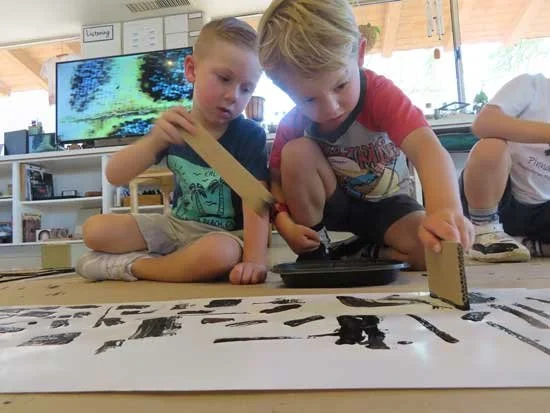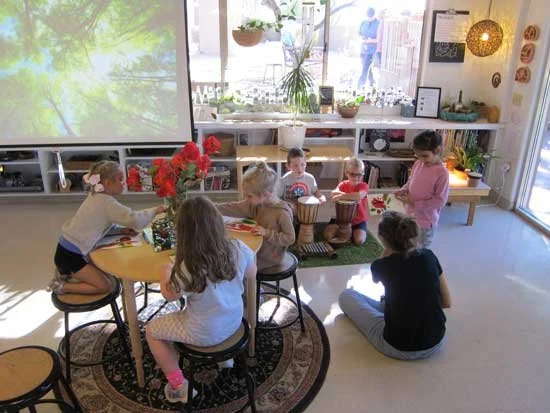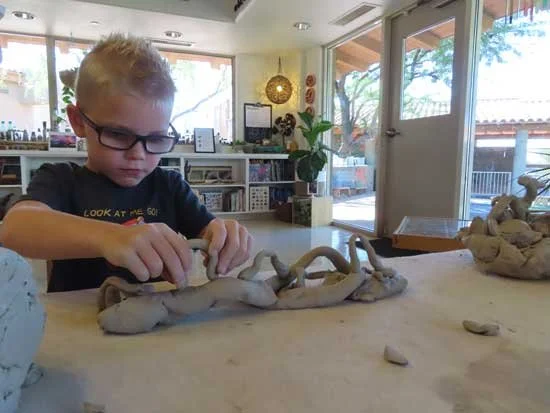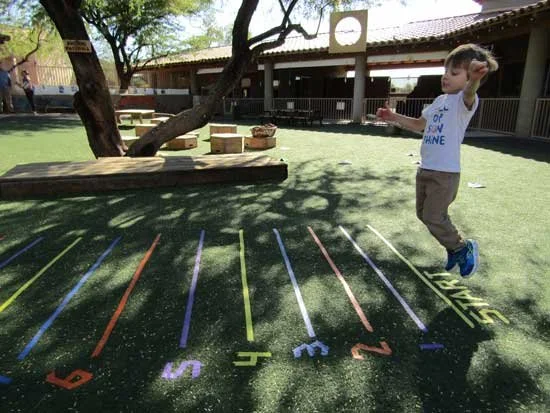We just rang in the new year but it’s already time to think about next year - next school year, that is. January brings with it school tours and registration for the 2024-2025 school year. Kindergarten looks much different than when most parents attended decades ago and the old thinking that you go to Kindergarten just because you’re five no longer rings true. Nevertheless, many parents are unaware there is such a thing as the gift of a year. So, how do you make the choice that works best for your family?
There are significant benefits to offering a child the gift of a year and waiting for them to begin kindergarten when they are six. From the age of two to seven, children operate primarily from their limbic system, the control center of our emotions and dispositions. Play-based learning fosters a child’s critical thinking, emotional intelligence, perseverance through failure, and attention span. Current brain research suggests that “children who start school when they are older than five may be doubly advantaged - by having more free play when their brains need it most, and by being older than their peers when they do start school.”
A major factor in deciding if a child should begin kindergarten is, of course, their birthdate. Most schools have an August 31st cut-off, meaning a child must turn five on or before that date. Therefore, in any given kindergarten class, children may be turning six as soon as September or as late as the summer months - a significant difference in a child’s development!
Where a child falls in their family’s birth order also holds significance in a child’s development. Statistically, firstborn children (especially first born girls) are more likely to appear ready for kindergarten at age five. But there is more to consider than just a set of academic skills to be memorized so it’s important to consider social emotional development as well. Nathan Wallis is a neuroscience educator specializing in early childhood development. He explains it as, “your perception of yourself as a learner drives output as much as intelligence.” For instance, confidence and assertiveness can make a huge difference for experiences later in elementary, middle, and high school.
Childhood should not be a race to the finish line. Instead of rushing our children to be ready for what comes next, let’s completely meet the needs of where they are at right now. “Perhaps counter-intuitively, this means that in order for a child to reach their full intellectual/ academic potential, we need to nurture the development of their social-emotional brain in the years before they are seven, rather than focus on accelerating the development of their frontal cortex.”
*This blog references Nathan Wallis’s article, Starting at Six. This is a great resource for additional information and resources.












